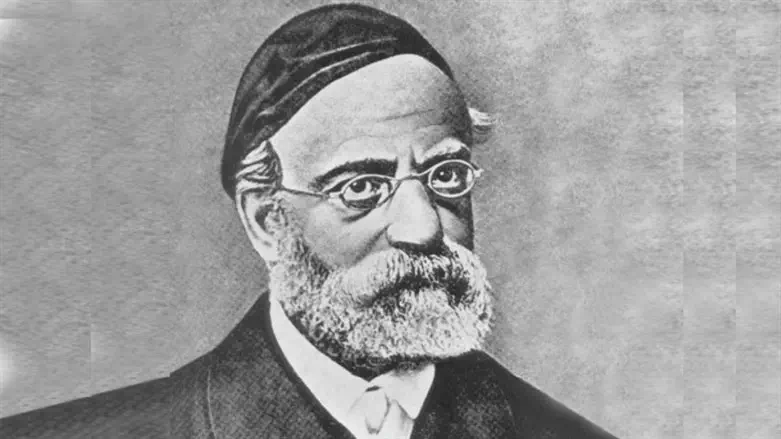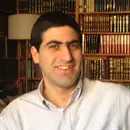
Jewish renegades sometimes justify their defection by rattling off all sorts of arguments against Judaism. Some of these arguments arose from a genuine desire to discover the truth. Often, though, they simply serve as convenient excuses for acting as they please.
As Aldous Huxley writes, “Those who detect no meaning in the world generally do so because, for one reason or another, it suits their books that the world should be meaningless.” He writes even more poignantly about his own behavior:
“For myself, as no doubt for most of my contemporaries, the philosophy of meaninglessness was essentially an instrument of liberation. The liberation we desired was …liberation from a certain system of morality. We objected to the morality because it interfered with our sexual freedom…
“The supporters of [that moral system] acclaimed that in some way [it] embodied the meaning of the world. There was one admirably simple method of confuting these people and, at the same time, justifying ourselves in our…erotic revolt: We could deny that the world had any meaning whatsoever.”
Rav Samson Raphael Hirsch writes that this motivation explains the words of Devarim 32:16, which comes on the heels of a verse describing the Jewish people forsaking G-d: “With strange gods they made Him feel His rights had been violated; with abominations they provoked Him to anger” (Rav Hirsch’s translation). Writes Rav Hirsch:
“This defying and paying homage to other powers does not stop at mere theoretical errors; it has the most pernicious results…their morality degenerates to the most abominable debauchery. For it had always been just this greater moral freedom from restriction that was, not only the result, but actually the motive for the defection of the Jewish People from G-d and His strict moral law.”
Rav Hirsch then quotes Sanhedrin 63b, which states that the Jewish people in ancient times knew idolatry was worthless but served idols nonetheless so they could act immorally in public.
We can apply this principle to the behavior of major sinners and other Jews who have a suspiciously high number of questions against G-d and Torah. (In the words of Shakespeare: “The lady does protest too much, methinks.”) But we can also apply it to our own behavior. When we have a question about a certain mitzvah, chumra, or minhag, is it an honest question? Or is it sometimes tainted by a desire to do what we want?
Rav Samson Raphael Hirsch (1808-1888) – head of the Jewish community in Frankfurt, Germany for over 35 years – was a prolific writer whose ideas, passion, and brilliance helped save German Jewry from the onslaught of modernity.
Elliot Resnick, PhD, is the host of “The Elliot Resnick Show” and the editor of an upcoming work on etymological explanations in Rav Samson Raphael Hirsch’s commentary on Chumash.
